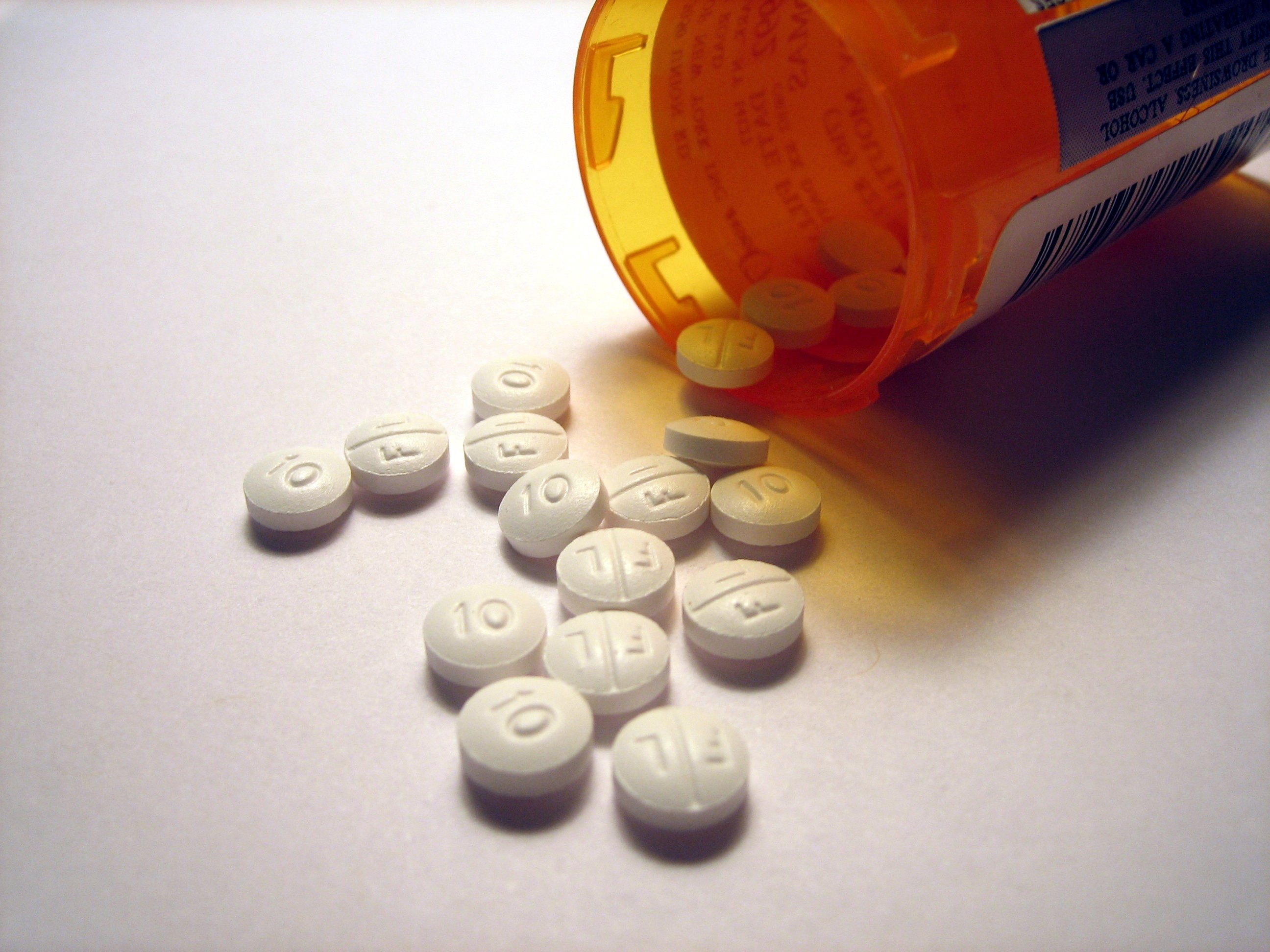Lexapro is an antidepressant that belongs to a group of drugs referred to as selective serotonin reuptake inhibitors (SSRIs). It works in the brain by affecting chemicals that may result to a person experiencing depression or anxiety. It is used primarily by adults. It is also used for treatment of major depressive disorder. It is a prescription drug that approved by the Food and Drug Administration in August 2002.
It is available in tablet and liquid forms. The common starting dose of Lexapro for depression in adults and adolescents is 10mg. This is taken once a day, either in the morning or before bedtime. Dosage may be increased to 20 mg once a day after a week. The drug’s effects may become apparent only until the fourth week. For generalized anxiety disorder, the starting dose is 10 mg once a day. This drug can be taken on an empty stomach.
Lexapro Cost Information
The price of Lexapro varies depending on many factors like the size and the store you bought it from. In some online stores, a 5 mg pill can cost as low as $1.3. There may be shipping fees involved which could increase the total cost of this medication.
Dosage | Quantity | Price Without Insurance |
CVS Pharmacy |
| 5mg | 30 tablets | $199.00 |
| 10mg | 30 tablets | $208.00 |
| 20mg | 30 tablets | $223.00 |
Kmart |
| 5mg | 30 tablets | $185.00 |
| 10mg | 30 tablets | $188.00 |
| 20mg | 30 tablets | $196.00 |
Kroger |
| 5mg | 30 tablets | $166.24 |
| 10mg | 30 tablets | $196.00 |
| 20mg | 30 tablets | $230.00 |
Publix |
| 5mg | 30 tablets | $209.00 |
| 10mg | 30 tablets | $172.11 |
| 20mg | 30 tablets | $179.31 |
Rite Aid |
| 5mg | 30 tablets | $209.00 |
| 10mg | 30 tablets | $215.00 |
| 20mg | 30 tablets | $230.00 |
Target |
| 5mg | 30 tablets | $170.00 |
| 10mg | 30 tablets | $187.00 |
| 20mg | 30 tablets | $195.00 |
Walgreens |
| 5mg | 30 tablets | $219.00 |
| 10mg | 30 tablets | $195.00 |
| 20mg | 30 tablets | $201.00 |
Walmart |
| 5mg | 30 tablets | $162.22 |
| 10mg | 30 tablets | $169.39 |
| 20mg | 30 tablets | $176.54 |
Short-Term Side Effects
 Lexapro can cause short-term side effects like skin rashes, difficulty in breathing, and swollen face, tongue, throat or lips. Users of the medicine should seek medical help if these side effects persist. Worsening symptoms like mood changes, panic attacks, difficulty in sleeping, or feelings of impulsiveness, irritability, agitation and hostility should be reported immediately to a doctor. The same goes for those who experience restlessness, aggressiveness, hyperactivity, increased repression, or suicidal tendencies.
Lexapro can cause short-term side effects like skin rashes, difficulty in breathing, and swollen face, tongue, throat or lips. Users of the medicine should seek medical help if these side effects persist. Worsening symptoms like mood changes, panic attacks, difficulty in sleeping, or feelings of impulsiveness, irritability, agitation and hostility should be reported immediately to a doctor. The same goes for those who experience restlessness, aggressiveness, hyperactivity, increased repression, or suicidal tendencies.
Long-Term Side Effects
Chronic use of Lexapro can result to long term side effects like high fever, unexplained sweating, rigid muscles, irregular heartbeat and tremors. Some users also report that they experience a feeling of passing out and this could be due to chronic Lexapro use. Other long term side effects of continued use of Lexapro are drowsiness, exhaustion, insomnia, mild nausea, upset stomach, constipation, gas and heartburn. Some users of this drug also experience drastic weight changes, while others say they notice decreased libido, impotence and even difficulties having an orgasm.
Interactions
Lexapro may interact with drugs that make you sleepy like sleeping pills, narcotic pain drugs, muscle relaxers and drugs for depression, anxiety and seizures. Lexapro’s effectiveness may be decreased if the user takes drugs like antidepressants, buspirone, lithium, tryptophan, blood thinners like warfarin and Coumadin, sumatriptan, rizatriptan and other migraine headache medications, and pain medications such as tramadol.
How It Works
Lexapro works by influencing the neurotransmitters, or chemical messengers that the nerves use in communicating with each other, found in the brain. These neurotransmitters are made and circulated by the nerves to bind with receptors located on other nerves. However, not all are attached to the receptors. Instead, these neurotransmitters are absorbed by the very same nerves that produced them. This is called reuptake. Lexapro prevents reuptake, which can contribute to imbalance of neurotransmitters that can result to depression.
Generic Alternatives
Some drugs may be recommended to patients who can’t take Lexapro. These include fluoxetine, fluvoxamine, paroxetine, and sertraline.

Share This